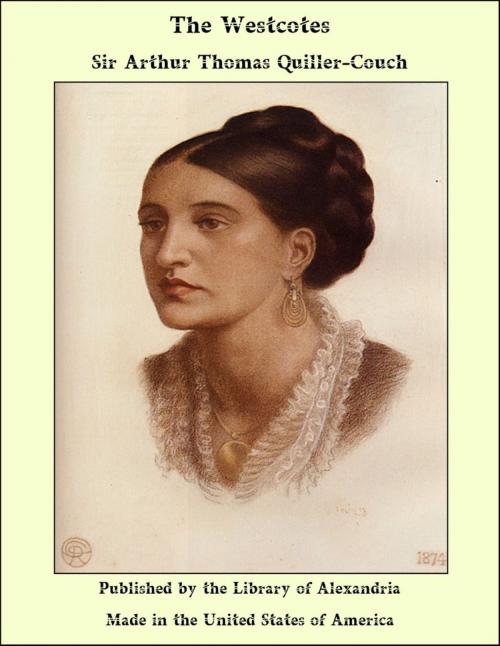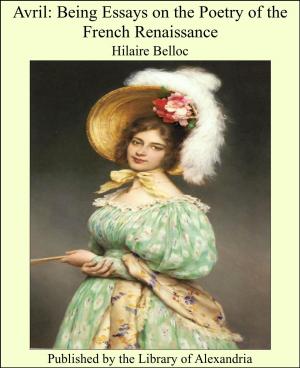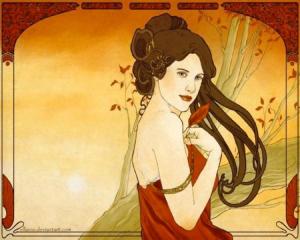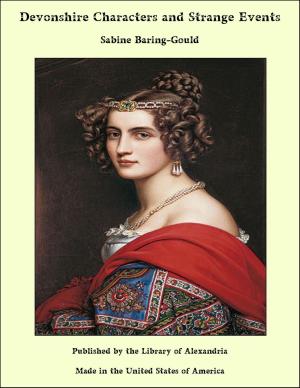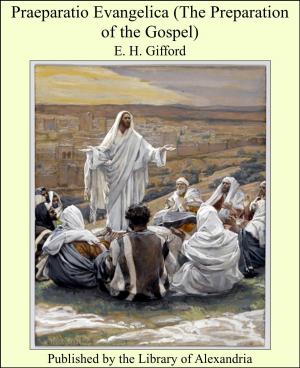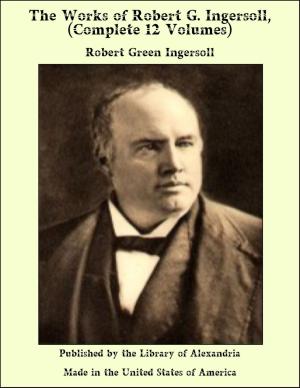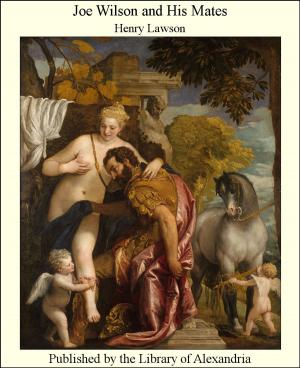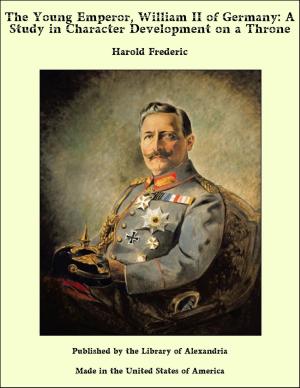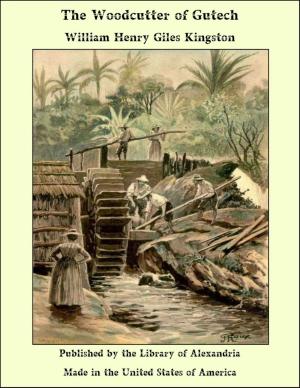| Author: | Sir Arthur Thomas Quiller-Couch | ISBN: | 9781465594266 |
| Publisher: | Library of Alexandria | Publication: | March 8, 2015 |
| Imprint: | Language: | English |
| Author: | Sir Arthur Thomas Quiller-Couch |
| ISBN: | 9781465594266 |
| Publisher: | Library of Alexandria |
| Publication: | March 8, 2015 |
| Imprint: | |
| Language: | English |
Endymion, the elder, (who took the lead of Narcissus in all, things), was the fine flower of the Westcote stocks, and, out of question, the most influential man in Axcester and for many a mile round justice of the Peace for the county of Somerset and Major of its Yeomanry, he served "our town," (so he called it) as Overseer of the Poor, Governor of the Grammar School, Chairman of Feoffees, Churchwarden, everything in short but Mayor—an office which he left to the tradesmen, while taking care to speak of it always with respect, and indeed to see it properly filled. The part of County Magistrate—to which he had been born—he played to perfection, and with a full sense of its dignified amenity. (It was whispered that the Lord Lieutenant himself stood in some awe of him.) His favourite character, however, was that of plain citizen of his native town. "I'm an Axcester man," he would declare in his public speeches, and in his own way he loved and served the little borough. For its good he held its Parliamentary representation in the hollow of his hand; and, as Overseer of the Poor, had dared public displeasure by revising the Voters' List and defying a mandamus of the Court of King's Bench rather than allow Axcester to fail in its duty of returning two members to support Mr. Percevall's Ministry. In 1800, when the price of wheat rose to 184s a quarter, a poor woman dropped dead in the market place of starvation. At once a mob collected, hoisted a quartern-loaf on a pole with the label—"We will have Bread or Blood," and started to pillage the shop's in High Street. It was Endymion Westcote who rode up single-handed, (they, were carrying the only constable on their shoulders) and faced and dispersed the rioters. It was he who headed the subscription list, prevailed on the purchase a wagon-load of potatoes and persuaded the people to plant them—for even the seed potatoes had been eaten, and the gardens lay undigged. It was he who met the immediate famine by importing large quantities of rice. Finally, it was he, through his influence with the county, who brought back prosperity by getting the French prisoners sent to Axcester. We shall talk of these French prisoners by and by. To conclude this portrait of Endymion Westcote. He was a handsome, fresh-complexioned man, over six feet in height, and past his forty-fifth year; a bachelor and a Protestant. In his youth he had been noted for gallantry, and preserved some traces of it in his address. His grandfather had married a French lady, and although this union had not sensibly diluted the Westcote blood, Endymion would refer to it to palliate a youthful taste for playing the fiddle. He spoke French fluently, with a British accent which, when appointed Commissary, he took pains to improve by conversation with the prisoners, and was fond of discussing heredity with the two most distinguished of them—the Vicomte de Tocqueville and General Rochambeau.
Endymion, the elder, (who took the lead of Narcissus in all, things), was the fine flower of the Westcote stocks, and, out of question, the most influential man in Axcester and for many a mile round justice of the Peace for the county of Somerset and Major of its Yeomanry, he served "our town," (so he called it) as Overseer of the Poor, Governor of the Grammar School, Chairman of Feoffees, Churchwarden, everything in short but Mayor—an office which he left to the tradesmen, while taking care to speak of it always with respect, and indeed to see it properly filled. The part of County Magistrate—to which he had been born—he played to perfection, and with a full sense of its dignified amenity. (It was whispered that the Lord Lieutenant himself stood in some awe of him.) His favourite character, however, was that of plain citizen of his native town. "I'm an Axcester man," he would declare in his public speeches, and in his own way he loved and served the little borough. For its good he held its Parliamentary representation in the hollow of his hand; and, as Overseer of the Poor, had dared public displeasure by revising the Voters' List and defying a mandamus of the Court of King's Bench rather than allow Axcester to fail in its duty of returning two members to support Mr. Percevall's Ministry. In 1800, when the price of wheat rose to 184s a quarter, a poor woman dropped dead in the market place of starvation. At once a mob collected, hoisted a quartern-loaf on a pole with the label—"We will have Bread or Blood," and started to pillage the shop's in High Street. It was Endymion Westcote who rode up single-handed, (they, were carrying the only constable on their shoulders) and faced and dispersed the rioters. It was he who headed the subscription list, prevailed on the purchase a wagon-load of potatoes and persuaded the people to plant them—for even the seed potatoes had been eaten, and the gardens lay undigged. It was he who met the immediate famine by importing large quantities of rice. Finally, it was he, through his influence with the county, who brought back prosperity by getting the French prisoners sent to Axcester. We shall talk of these French prisoners by and by. To conclude this portrait of Endymion Westcote. He was a handsome, fresh-complexioned man, over six feet in height, and past his forty-fifth year; a bachelor and a Protestant. In his youth he had been noted for gallantry, and preserved some traces of it in his address. His grandfather had married a French lady, and although this union had not sensibly diluted the Westcote blood, Endymion would refer to it to palliate a youthful taste for playing the fiddle. He spoke French fluently, with a British accent which, when appointed Commissary, he took pains to improve by conversation with the prisoners, and was fond of discussing heredity with the two most distinguished of them—the Vicomte de Tocqueville and General Rochambeau.
